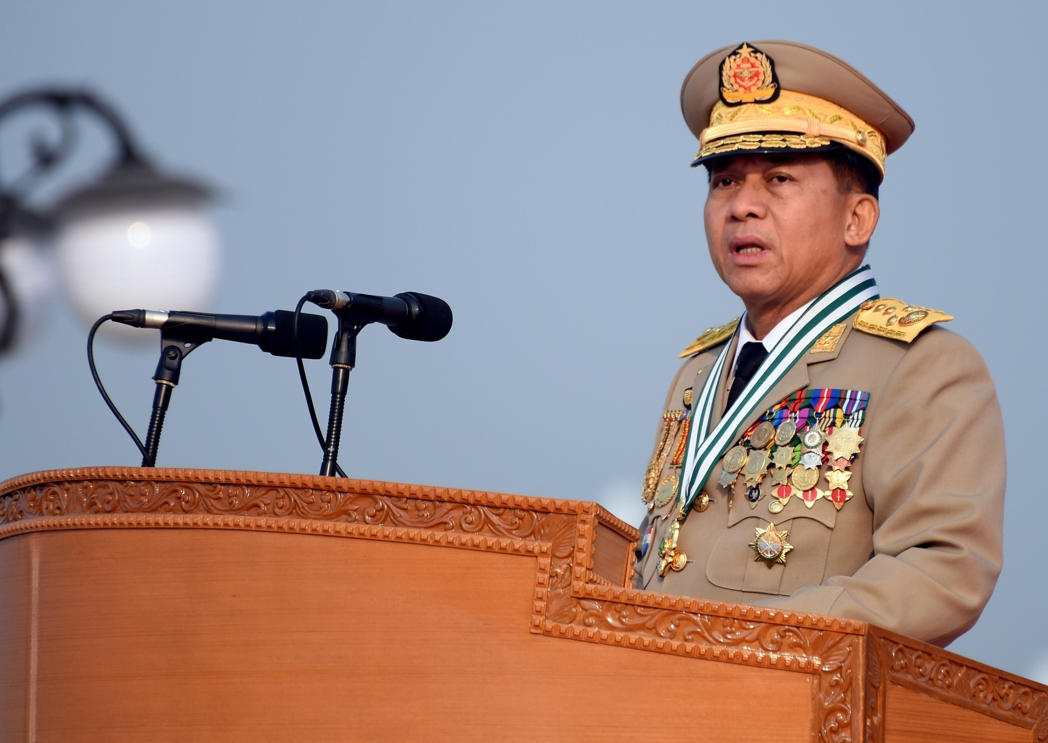The Myanmar military government has announced plans to hold elections in two years and cooperate with South-East Asian countries to find a political solution to the impasse in Myanmar.
In a recorded address played on the television, Senior General Min Aung Hlaing said: “We must create conditions to hold a free and fair multi-party general election. We have to make preparations. I pledge to hold the multiparty general election without fail”.
The general added that the military authorities would “accomplish the provisions of the state of emergency by August 2023,” he said.
Exactly six months back on 01 February, the Myanmarese military had declared a state of emergency after deposing popular leader Aung San Suu Kyi. The military ousted the democratic leader's government soon after she won a massive majority in the 2020 elections, saying that Suu Kyi's party had committed voter fraud.
The decision to depose the popular leader's government and imprison senior leaders has led to widespread protests. Many pro-democracy protestors have even taken up arms to oppose the military crackdown.
Some of the youth protestors have sought the help of armed rebel groups in Myanmar to take on the army.
The coup has been a setback for the fledgling ten-year democracy in the country.
The socio-economic conditions have deteriorated fast under the military rule. Medical workers have launched a non-cooperation movement and have joined the pro-democracy demonstrators leading to a fast rise in the coronavirus cases. Many diplomats too have revolted against the regime.
Under condemnation from democratic governments, the military agreed to discussions with representatives of the Association of South-East Asian Nations (ASEAN). However, not much headway has been made in the talks as the military government has not entirely agreed to the ASEAN's choice of an envoy for Myanmar.
The UN has condemned the coup and the UNGA has called for the restoration of the democratic government. While the US and European nations have levied economic and military sanctions, along with individual Myanmarese who led the coup, countries like India and Japan who enjoy close relations with country have adopted a middle path. China, on the contrary, is actively supporting the junta.
Civil society organisations have said that at least 939 people have been killed in anti-coup protests by the military.




















